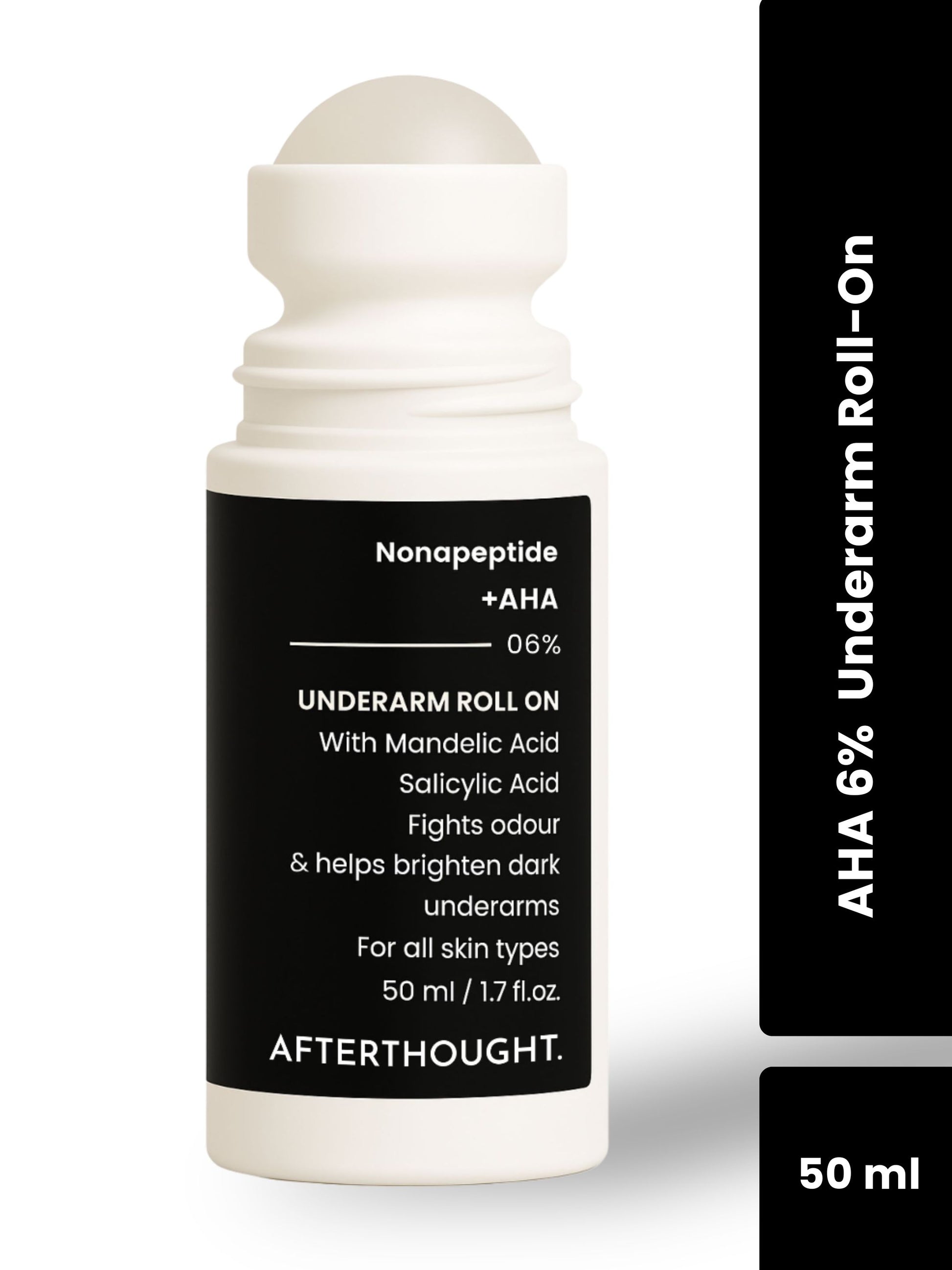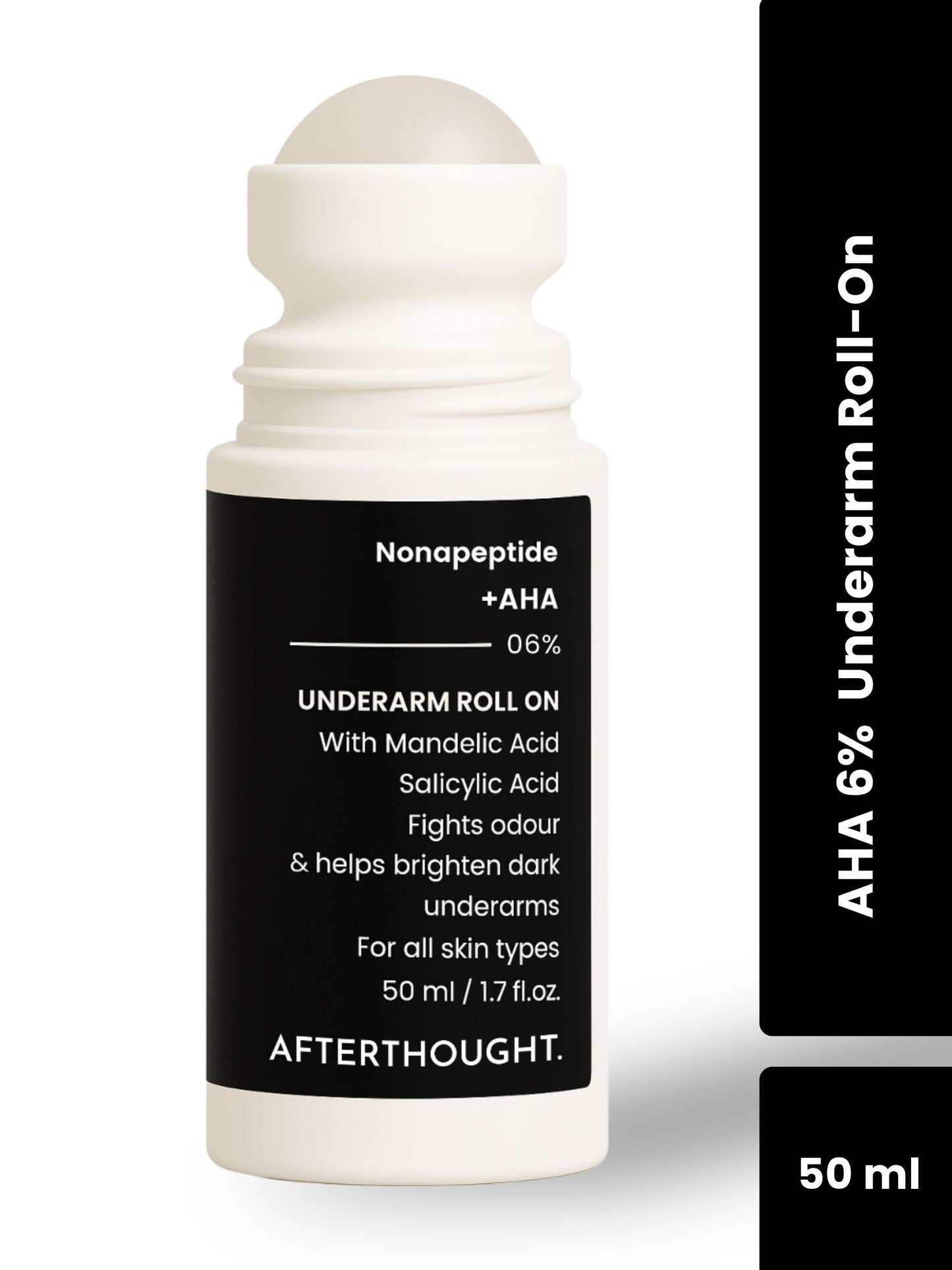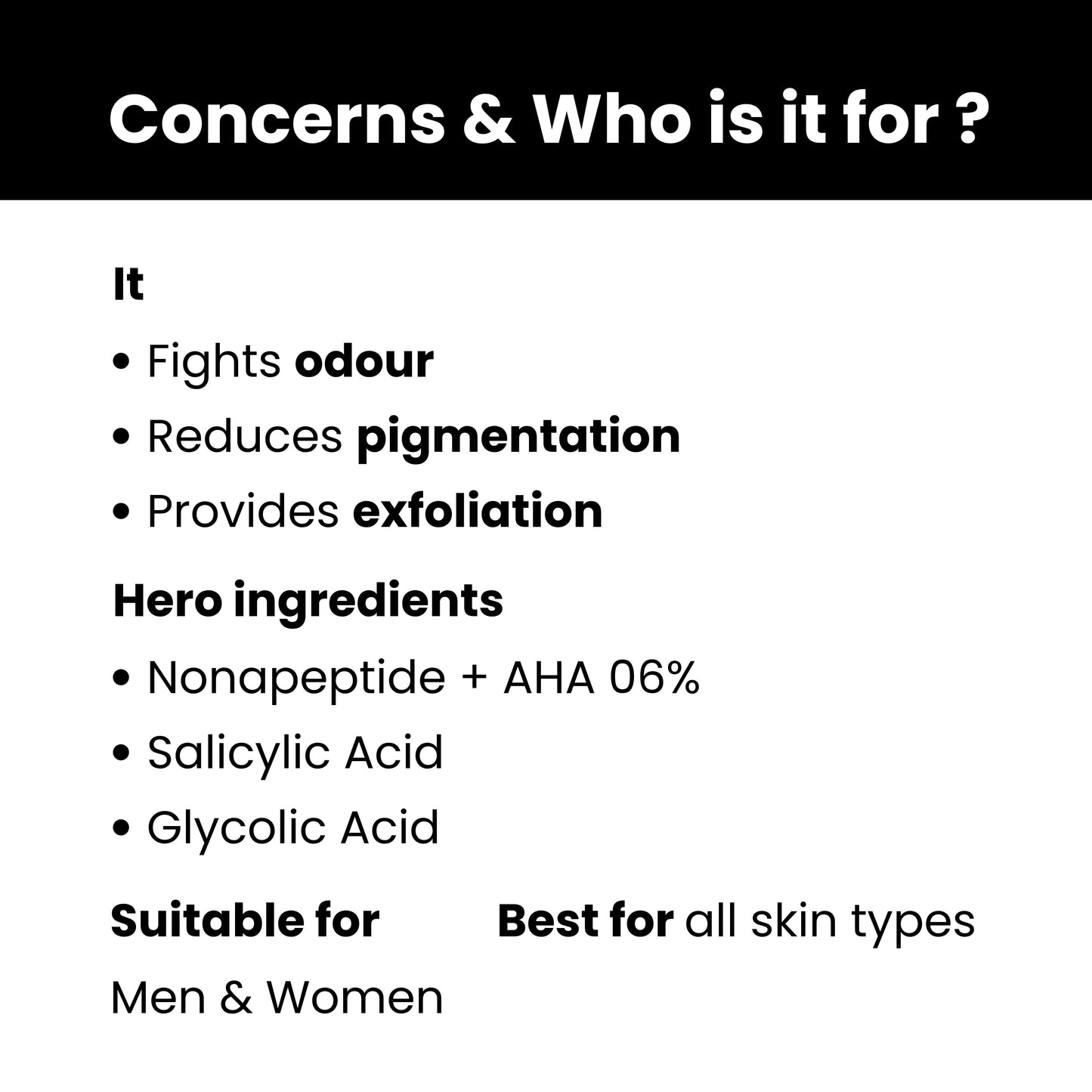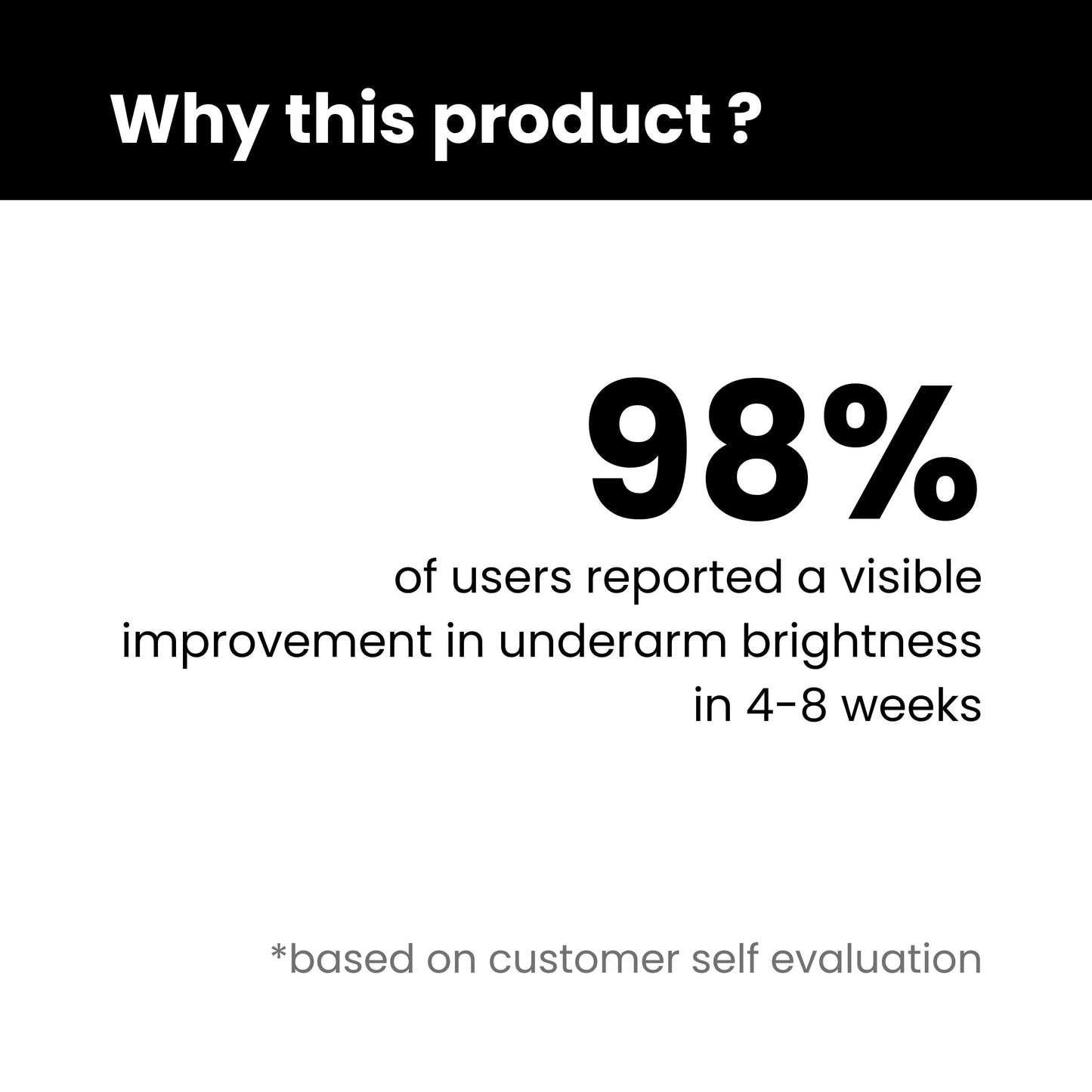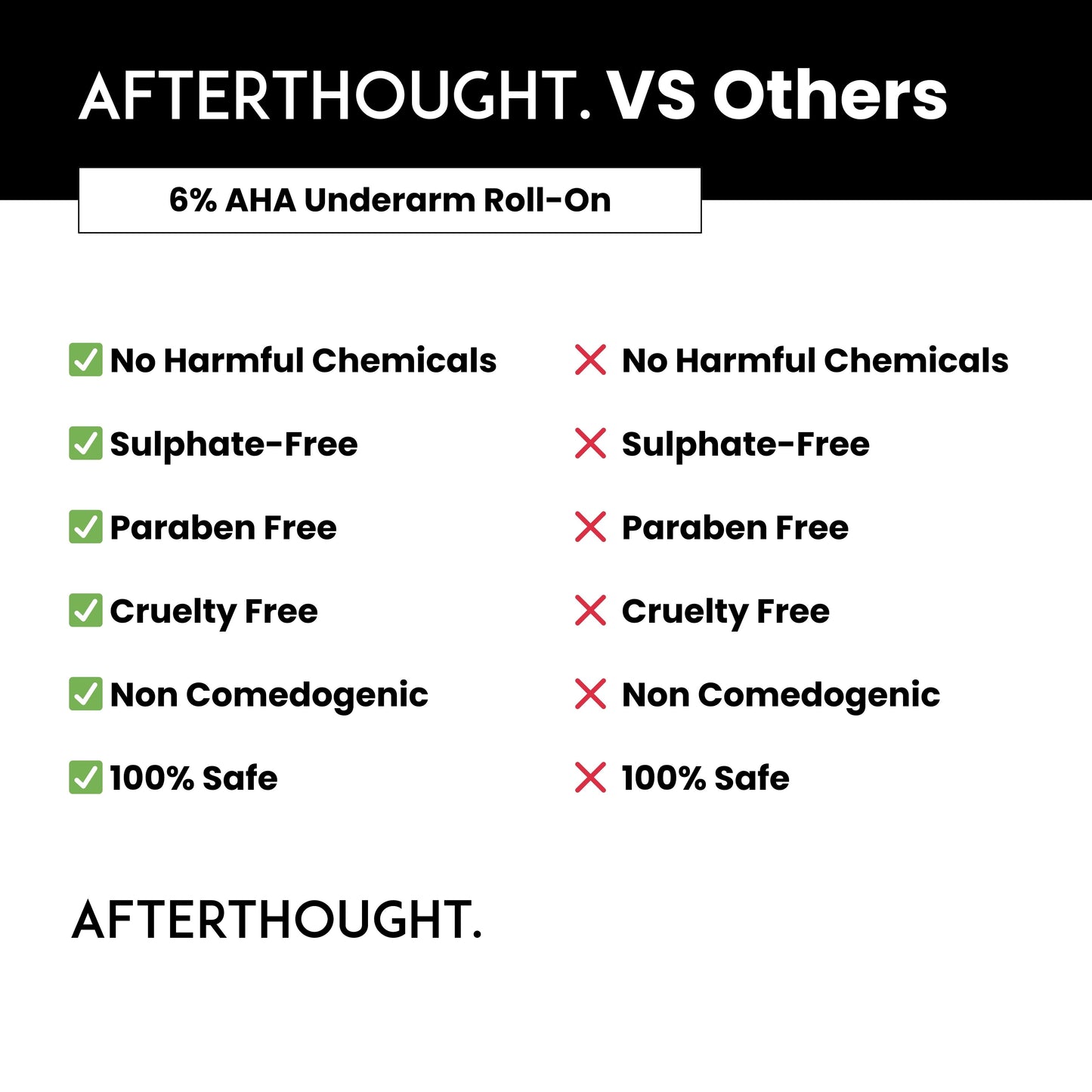What Causes Smelly Underarms?
Smelly underarms can be a significant source of embarrassment and discomfort, impacting both personal and social aspects of life.
While the occasional odor can be perfectly normal, persistent or intense odor might indicate an underlying issue. Welcome to Afterthought.
This article explores the various factors that contribute to underarm odor and offers insights into managing and mitigating the problem.
The Basics of Body Odor
Underarm odor primarily results from the interaction between sweat and bacteria. The human body has two types of sweat glands: eccrine and apocrine. Eccrine glands are responsible for regulating body temperature by producing a watery sweat. This type of sweat is generally odorless.
Apocrine glands, found in the underarms and groin, produce a thicker, milky sweat. This sweat is high in proteins and lipids, providing a fertile ground for bacteria. When bacteria break down these proteins, they release compounds that produce a distinct odor.
Factors Contributing to Smelly Underarms
Several factors can exacerbate underarm odor:
- Bacterial Activity: The underarm area is warm and moist, which promotes bacterial growth. As bacteria break down sweat, they produce volatile compounds that cause odor.
- Diet: Foods with strong odors, such as garlic, onions, and certain spices, can affect body odor. These substances are absorbed into the bloodstream and are then excreted through sweat, intensifying the smell.
- Hormonal Changes: Hormonal fluctuations, particularly during puberty, menstruation, or menopause, can increase sweat production and alter body odor. Hormones can also influence the type and amount of bacteria present in the underarm area.
- Genetics: Genetic predisposition plays a role in body odor. Some individuals have a genetic tendency to produce more sweat or sweat with a particular odor, making them more prone to noticeable body odor.
- Hygiene Practices: Poor hygiene can contribute to smelly underarms. Failure to regularly cleanse the underarm area can lead to the buildup of sweat and bacteria, increasing the likelihood of odor.
- Medical Conditions: Certain medical conditions, such as diabetes, kidney disease, or liver disease, can affect body odor. For instance, uncontrolled diabetes can lead to a sweet, fruity odor due to the presence of ketones.
- Medications: Some medications can influence body odor by altering sweat production or causing side effects that affect the skin. Antibiotics, for example, can disrupt the natural balance of bacteria on the skin, leading to changes in odor.
Preventive Measures and Solutions
Addressing smelly underarms involves a combination of lifestyle changes and personal care practices:
- Maintain Good Hygiene: Regularly washing the underarm area with a mild soap and water helps remove sweat and bacteria. Consider using an antibacterial soap if you are prone to persistent odor.
- Use Antiperspirants and Deodorants: Antiperspirants reduce sweat production, while deodorants mask or neutralize odor. Some products combine both functions for enhanced effectiveness.
- Wear Breathable Fabrics: Opt for clothing made from natural fibers, such as cotton, which allow the skin to breathe and reduce moisture buildup.
- Stay Hydrated: Drinking plenty of water helps dilute sweat and flush out toxins from the body, potentially reducing body odor.
- Manage Your Diet: Limit the intake of foods known to cause strong odors. A balanced diet rich in fruits, vegetables, and whole grains can help minimize body odor.
- Regularly Shave or Trim Underarm Hair: Removing underarm hair can help reduce the surface area for bacteria to grow and make it easier to keep the area clean.
- Seek Medical Advice: If persistent body odor is a concern, consult a healthcare professional. They can help determine if an underlying medical condition or medication is contributing to the problem and recommend appropriate treatment options.
When to Consult a Healthcare Professional
While occasional body odor is normal, a sudden change in odor or an overwhelming smell that does not improve with personal care may warrant medical attention. Conditions such as hyperhidrosis (excessive sweating), bacterial infections, or metabolic disorders can affect body odor and require professional diagnosis and treatment.
Conclusion
Understanding the causes of smelly underarms can help individuals address the issue effectively. By implementing good hygiene practices, making dietary adjustments, and considering lifestyle changes, one can manage and often mitigate unpleasant body odor.
If the problem persists, seeking medical advice is crucial to rule out any serious underlying conditions and to find appropriate solutions tailored to individual needs.
Also Read: How To Avoid Underarm Odor?


